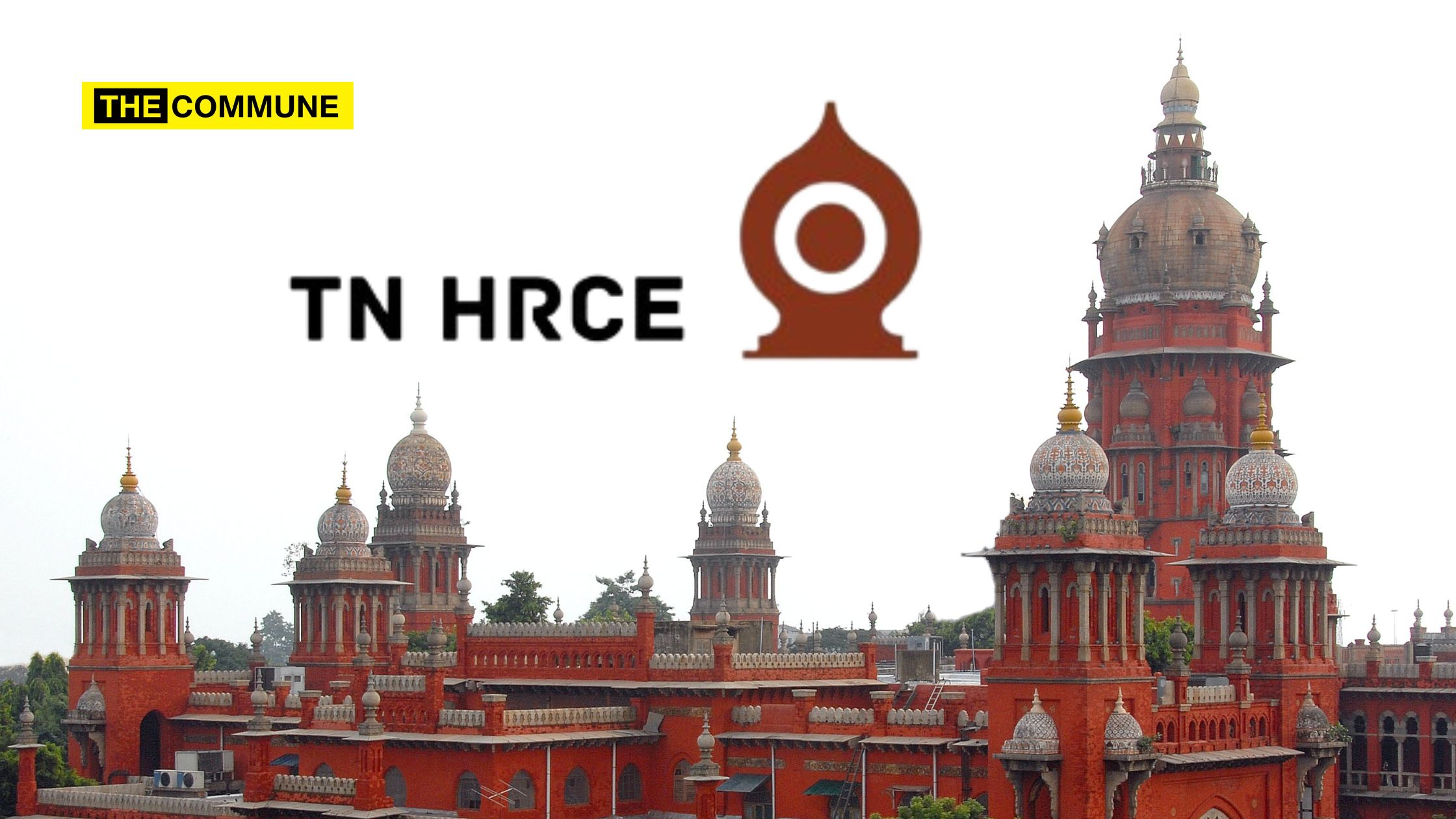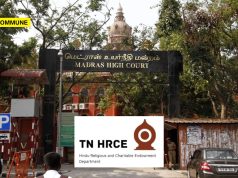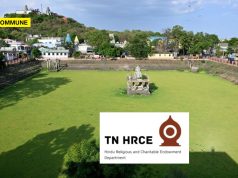
The bench issued these instructions in response to petitions from 37 individuals, including Sandiran, who challenged the HR&CE commissioner’s dismissal of their petitions against a 2022 eviction order due to delay.
The court stated that the petitioners would be given time if they agreed to vacate the land. Alternatively, the department could consider converting them into tenants if they applied and were willing to pay rent. The case was then adjourned. The sitting bench stated, “Either identify a land in the nearby locality to relocate the residents or consider leasing out the temple land to the encroachers.”
The petitioners, displaced by the 2004 tsunami, had encroached on land belonging to the Alavanthar Trust, which manages temple land across three villages. In 2022, the HR&CE department issued eviction notices, which the petitioners challenged, but their petitions were dismissed due to delay.
Dravidian Model Conspiracy To Seize Temple Lands In Tamil Nadu
Tamil Nadu’s HR&CE department is already facing allegations that private Hindu temple lands in Tamil Nadu, particularly in urban centres like Chennai, are increasingly being targeted by local political groups for systematic expropriation.
Activists involved with temple affairs warn that these issues are not confined to these temples alone. They point to Government Order 221 issued by the Tamil Nadu government on 4 May 2023 under the Natham settlement and land records policy. This order specifies that public lands without hereditary rights can be declared government property (“sarkar lands”), potentially paving the way for irregular practices where such lands could later be allocated to politically connected private entities for profitable purposes.
(With inputs from TNIE)
Subscribe to our channels on Telegram, WhatsApp, and Instagram and get the best stories of the day delivered to you personally.




